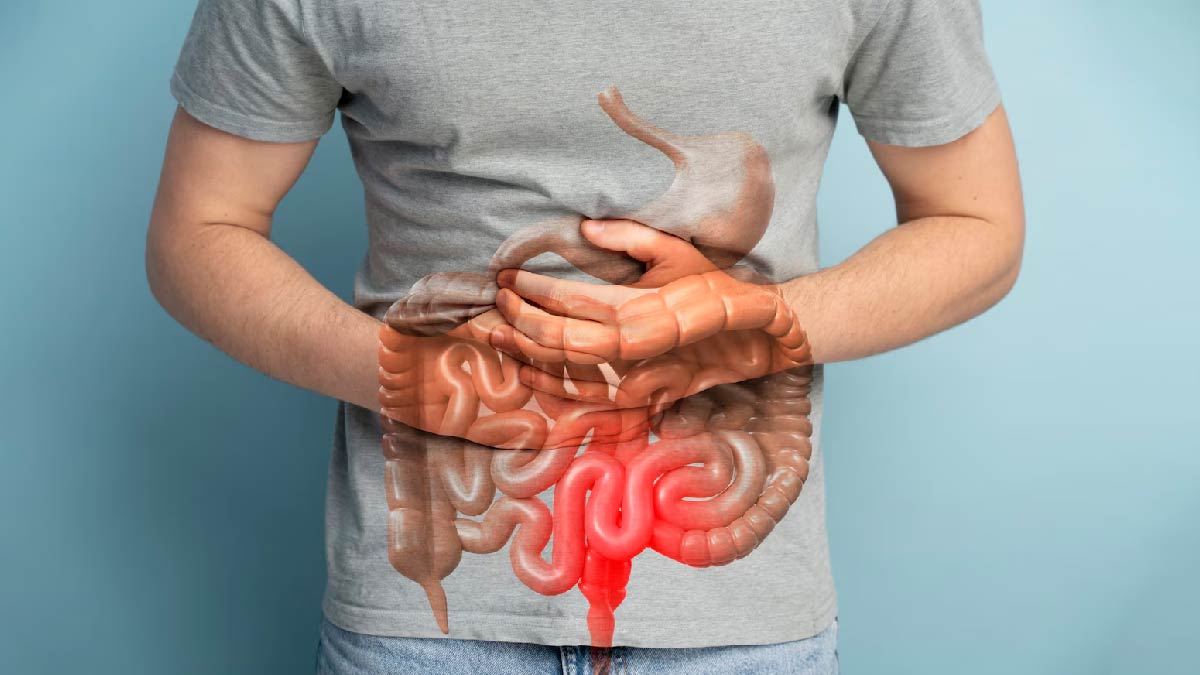
Colon cancer, also known as colorectal cancer, occurs when abnormal cells start to grow in your colon, which is the large intestine, and take the shape of a tumor. The large intestine is the last part of the digestive system, which helps the food break down so that the body can use it. March is observed as Colorectal Cancer Awareness Month to make people aware of these type of cancer. Colon cancer is common but the cases are relatively low in Indian population. Additionally, the prevalence of colon cancer is higher in men as compared to women.
Table of Content:-
According to Dr Varun Gupta, MBBS, MD, DNB (Gastroenterology and Hepatology) at Patel hospital Jalandhar, “Colon cancer usually starts when small groups of cells called polyps form inside the colon. However, polyps are not cancerous, but with the passage of time, some of them can turn into colon cancer. Although it generally affects older people, it can still happen at any age.”
What Is Recurrent Colorectal Cancer?
It is possible to treat colon cancer, but there is still a risk of cancer returning after the treatment. When this happens, it is called recurrent colon cancer. These recurrences are very common within 2–3 years after the first treatment. They are most likely to happen when a few of the original cancer cells survive the initial treatment and have grown enough to be found by diagnostic tests. For the unversed, recurrent colon cancer might show up at the same location in your body or somewhere else as well.
Also Read: How Your Bowel Habits Change With Colorectal Cancer: Symptoms To Note
Symptoms and treatment
Most people with colon cancer do not have any symptoms initially. However, some of the common symptoms of colorectal cancer include:

- Changes in your bowel habits
- Stomach pain
- Loss of appetite
- Rectal bleeding
- Weight loss
People with a higher risk of colon cancer should start their colon cancer screening around the age of 45. During the appointments, a medical expert is likely to take a physical exam and run a few tests, including a CT scan, an MRI, a colonoscopy (to check polyps), and blood tests.
Treatment
In the case of recurrent colon cancer, a patient is suggested treatment options such as surgery, targeted therapies, immunotherapy, or radiation therapy. But before all these treatment options, the understanding the history and initial treatment is important.
Also Read: How NOT To Mistake Colorectal Cancer For Common Gastrointestinal Disorders
One important diagnostic tool that may be used to understand the history and initial treatment of colon cancer is ERCP (Endoscopic Retrograde Cholangiopancreatography). ERCP is a procedure that combines endoscopy and X-ray imaging to examine the bile ducts, pancreatic duct, and gallbladder. It can help identify any abnormalities or blockages that may be contributing to the recurrence of colon cancer. By providing detailed images of the digestive system, ERCP can assist in determining the best course of treatment for recurrent colon cancer.
It's important to understand that recurrent colon cancer can be treated, but the treatment options may vary depending on the location and stage of the cancer. Patients should regularly consultant with their doctor to understand the best course of treatment for their condition.
References:
- 1. https://www.mayoclinic.org/diseases-conditions/colon-cancer/symptoms-causes/syc-20353669
- 2. https://www.webmd.com/colorectal-cancer/what-is-recurrent-colorectal-cancer
- 3. https://www.medicalnewstoday.com/articles/colon-cancer-recurrence#treatment
- 4. https://www.healthline.com/health/colorectal-cancer/colon-cancer-recurrence#treatment
Also watch this video
How we keep this article up to date:
We work with experts and keep a close eye on the latest in health and wellness. Whenever there is a new research or helpful information, we update our articles with accurate and useful advice.
Current Version
